Western Australian households are copping a double whammy from both the State and Federal budgets, with no relief in sight from major household fees and charges, for the second year running.
Low-income households were forgotten in this week’s Federal budget, which continued the freeze on income support payments that see families and individuals experiencing hardship still living below the poverty line.
Household fees and charges will go up 4.8%, or $292 for the average household, with electricity rising by 7% water and sewerage charges by 5.5% and motor vehicle charges up by 3.8% – with no additional concessions or protections for concessional households.
There is significant uncertainty about funding for remote Aboriginal housing and homelessness services as a result of the cessation of Commonwealth support. Addressing this gap needs to be a major priority for the WA Government in coming months.
WACOSS welcomes the commitment to an additional 320 units of social housing, and 400 units of affordable housing linked to the development of Metronet Hubs. The headline figure of $394million represents $210million from private investment against affordability targets, with only $41million in new public money going into building social housing, and $143million in operational costs.
“This is an important outcome, ensuring those on low incomes have better access to work through their proximity to transport network. Disappointingly, it still only represents a comparatively small fraction of the over 13,000 people on the two year long wait list,” said Louise Giolitto, Chief Executive Officer, Western Australian Council of Social Service (WACOSS).
“We welcome the commitment of $20.5million to develop and implement the Target 120 initiative, with $2million in the coming year, rising to $8.1million by 2021-22. This is an important opportunity to focus on intervention for up to 300 young people at risk within the justice system. It is a critical first step to turning around our poor juvenile justice outcomes and closing the gap for Aboriginal youth.”
The ongoing development and roll-out of services and supports for family and domestic violence is also welcome, with new money in this budget for the Breathing Space initiative.
However, the community is still waiting to see a comparable commitment to prioritising early intervention in the child protection system. WA has the lowest rates of investment in Australia, with the highest rate of over-representation of Aboriginal children in state care in the world. The ongoing investment of $13million per annum into the Early Intervention Family Support Scheme is acknowledged, but all of the growth in funding remains at the crisis end, which grows by $22million over the next few years up to $417million by 2021-22. These costs will continue to skyrocket unless there is greater resourcing for prevention.
“Frankly, we are underwhelmed by WA Labor’s second budget. While we appreciate the need for a financial rebalancing, this budget is not delivering the commitment we had been led to expect in addressing hardship and supporting families who are doing it tough,” Louise Giolitto said.
Ends.
Media Contact: Laurene Coller, Communications Officer, 0419 316 557 or 08 9420 7222
To download a PDF of this media release click here.



